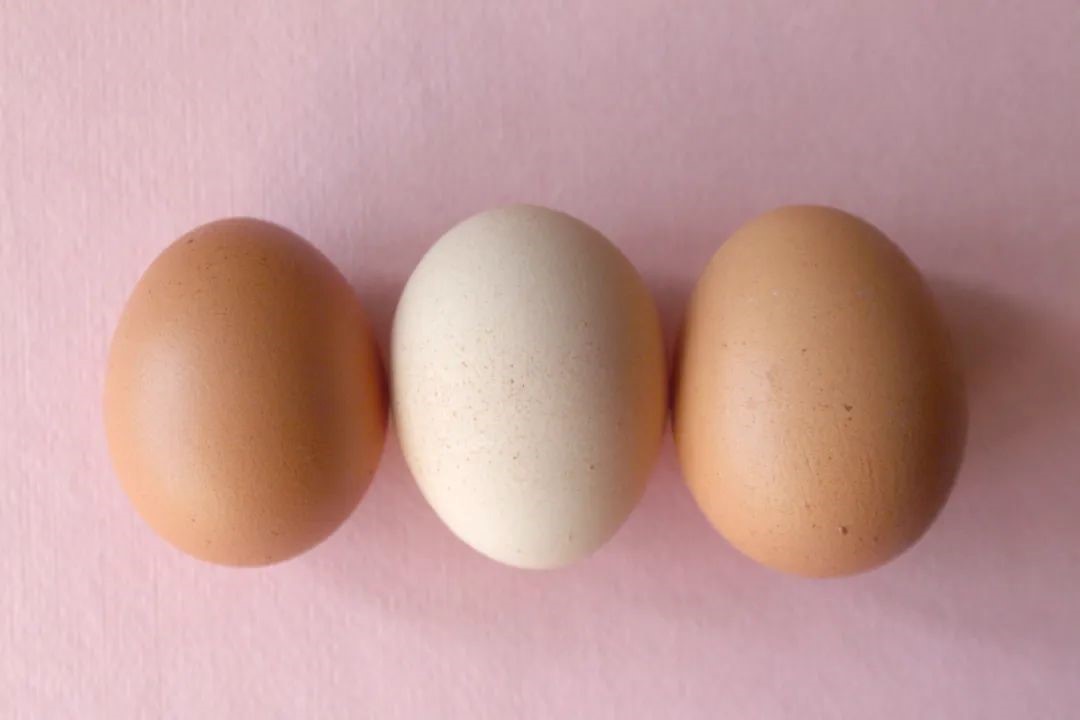Yipinshi Case: Copyright against Trademark Squatting
Photo by Maria Ionova for Unsplash
When thinking to copyright we immediately link to books, videos, music, and then it is not easy to see the connection with trademark squatting. While copyright usually protects the ‘original works of authorship’, trademark protects items that distinguish or identify a specific product coming from a certain industrial source from other similar ones.
What happens when copyright is used to fight against trademark squatting? The below case could shed some light on this.
Background
Fuku Electronics Co Ltd. (referred as Fuku hereinafter) is a Korean company founded in 1978 and specialized in development and production of electric pressure cookers. In 2006, Fuku developed a cooker with the logo herein (“Yipinshi”) inspired by a famous Korean calligraphy artwork.

The copyright attached to this logo was later assigned to its Chinese subsidiary.
In 2007 and 2008, a Chinese natural person named Zheng Jianhong (referred as Zheng hereinafter) applied for the registrations of “Yipingshi” trademarks covering "kitchen goods" including pressure cookers. The trademarks have been put into actual use on designated goods after registrations.
In 2016, Zheng filed a lawsuit against Fuku for trademark right infringement. Fuku reacted by filing a lawsuit back for copyright infringement. The Shenzhen Intermediate Court ruled in favor of Zheng and the judgement was later upheld by the Guangdong High Court.

From left to right: Yipinshi artwork by Fuku, Yipinshi trademark No.1 and No. 2 applied by Zheng
Fuku then requested a retrial before the Supreme People’s Court.
In December 2021, the Supreme People’s Court made the decision which reversed the original two verdicts, ruling that Zheng and his company had infringed the copyright of Fuku.
The court held that:
- Specific calligraphy characters may constitute works of art as long as it’s done by the author independently and embodies their individuality. The “Yipinshi” calligraphy meets the requirement of originality thus should be considered as a work of art and protected by the copyright law.
- The similarity between the artwork and the trademark in issue is clearly established.
- Even if the trademarks have been registered for over five years, they still infringe upon Fuku’s prior copyright and Zheng should therefore bear civil liability for copyright infringement.
Zheng has been ordered to immediately stop infirming the copyright of ‘Yipinshi’ and make a compensation of RMB500,000 to Fuku for its economics losses.
Key Take-aways
This case is of guiding significance for similar cases in the future.
First of all, the Supreme People's Court was of opinion that that although the artwork involved is derived from another artwork in the public domain, it still reflects the author's original expression and should constitute a work of art within the meaning of the Copyright Law.
Then the court emphasized the principle of the protection on prior rights. Even though the trademarks in dispute have been registered and exceeded the five-year time limit for invalidation, the prior copyright owner still could prohibit the use of them.
The case also strengthens the right owners’ confidence and encourages them to fight for their rights when encountering similar trademark squatting and malicious lawsuits. The court considered that the act of Zheng has violated the principle of good-faith and his litigation claims were lack of legitimate right basis.
Last but not least, it also reminds that, when entering into a new market, it is important for a brand to register their rights as soon as possible, make a comprehensive IP rights layout, plan timely and seek expertise from local IP professionals whenever needed.



